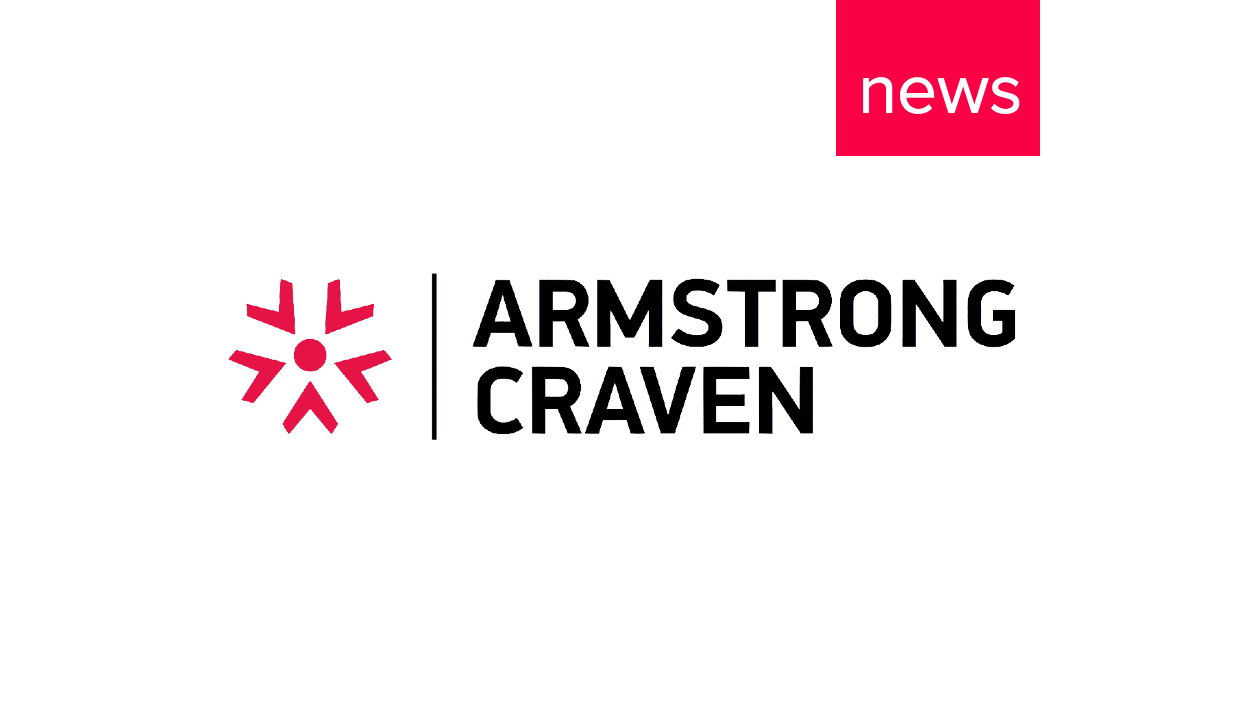Buying Peace of Mind
14 Aug, 20155 min
Today’s story in HR Grapevine about the CFO who lied about her qualifications brings the topic of reference checking to the fore.
In this instance, a spokesperson said that the agency for which she worked ( New York City Department of Consumer Affairs) “carries out 2,000 background checks each year, but that it is up to the agencies to take action.”
In the new world of work where employees readily move employers – cross-sector, nationally, internationally - and where there are multiple stakeholders in recruitment decisions, it’s increasingly important to verify the backgrounds of new recruits.
Get to know your candidate
By going beyond standard named referees, nominated by the candidate, organisations can get a much more rounded picture from a comprehensive reference check. These are Armstrong Craven’s tips for thoroughly getting to know your candidate:
Be independent: Gather references from a company that didn’t source the candidates. This brings an independent perspective to the process and strengthens the due diligence when recruiting for a senior hire.
Go off-list: Rather than approach those named on the CV or passed on by the agency take a wider, yet confidential, view. This can be either with or without the candidate’s involvement. Consider the type of role the candidate would be taking on and who his/her stakeholders would be and build the referee list around this. It could be as simple as reports, seniors and peers, or more complex depending on the key relationships the role requires.
Get a rounded view: Take references from a good sized sample and keep talking to people until the view has some consistency. At Armstrong Craven we speak to an average of eight referees. In some cases, where there are disparate opinions for example, we will often speak to more than ten people to ensure a rounded view. If all a candidate’s management colleagues think he’s great but all his direct reports find him difficult, we keep talking to find out the roots of those opinions.
Work internationally: In a globalised work environment, especially at the senior executive level, it’s important to work internationally. Many candidates have overseas experience or are diasporic talent returning to their home country. Ensure referencing can incorporate international assignments whether it’s for CV related checks or legal such as Disclosure and Barring Service (DBS –previously known as CRB in the UK), criminal convictions, or even speeding tickets.
Address specific concerns: If there is a specific doubt or misgiving about a short-listed candidate include some investigation in reference and background checking. If this research is carried out by an independent source you get an unbiased view on whether your concerns are valid. Feedback from the investigation should include examples yet be independent. For example, some private equity houses require in-depth checks relating to bankruptcy.
Personal brand: The digital age has transformed the meaning of brand. No longer applied only to consumer products, most senior executives have (or should have!) a meaningful and authentic online presence. If a candidate is high-profile this might mean press checks, or otherwise social media presence and online publications such as blogs and discussion groups.
Make it part of the process: Rather than being a tick-box exercise at the end of the recruitment process, reference and background checking is best when built into the process. At Armstrong Craven we can turnaround even complex, senior, confidential checks within two weeks.
Benchmark: Use referencing and background-checking to benchmark candidates. One client we work with asked us to look at their final shortlist of two candidates for a role. The reference and background checking allowed the client to make comparisons and played an important role in the final decision.
Online and offline footprints
In the case of the New York City Department of Consumer Affairs CFO, and many other senior hires, a standard reference check from named individuals will not yield important information that might influence decision making. In this case, off-list research would have included a check of education credentials including all the way back to high-school if required.
Although a digital footprint created through social media and online publications provides an openly available resource that is relatively new; more people movement, more frequently, means there is a critical need to carry out comprehensive reference checks.
Speak with an expert
If you want to learn a little more about what we do and how talent research can help you make better-informed business decisions, our team of talent research and consulting specialists are happy to help.






